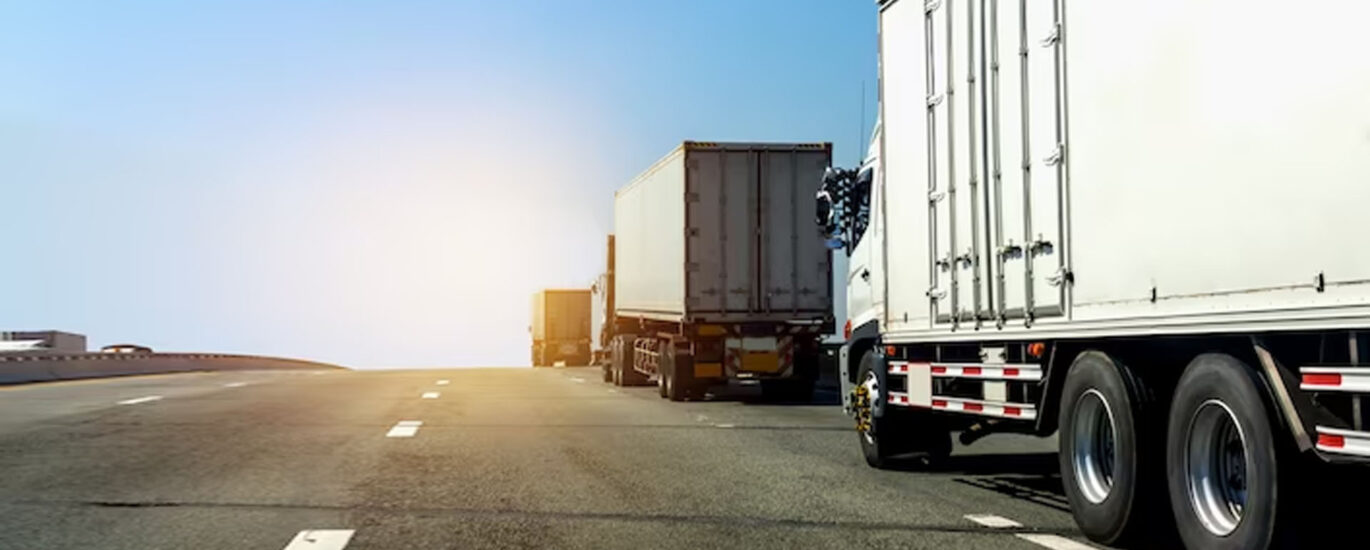



Interstate logistics plays a pivotal role in the seamless movement of goods across Australia, and Melbourne stands as a central hub in this intricate network. With its strategic location, advanced infrastructure, and robust transport links, the city is well-equipped to facilitate the efficient exchange of products between states. Businesses engaged in interstate logistics benefit from Melbourne’s diverse range of services, including warehousing, distribution, and freight forwarding, making it an ideal partner for companies looking to expand their reach and optimize their supply chains.
In this article, we delve into the critical aspects of interstate logistics in Melbourne, examining the various services available, key players in the industry, and the challenges faced by logistics providers. As e-commerce continues to surge and customer expectations rise, understanding the dynamics of interstate logistics becomes essential for businesses aiming to stay competitive in a rapidly evolving market. Join us as we explore the current landscape of this vital sector and discuss emerging trends that are shaping the future of logistics in the region.
Melbourne’s logistics sector offers a comprehensive suite of services designed to enhance interstate trade. Key players in the industry provide efficient warehousing solutions, ensuring that goods are stored securely and accessible for timely distribution. Coupled with advanced freight forwarding options, these companies streamline the transportation process, enabling businesses to meet tight delivery deadlines. Companies seeking to optimize their supply chains can leverage Melbourne’s extensive infrastructure, including its road, rail, and air transport networks, to facilitate smooth operations. For more information on the services available, visit Interstate Logistics Services Melbourne.

Despite its strengths, the interstate logistics sector in Melbourne faces significant challenges. Rising fuel costs, regulatory changes, and increasing demand for rapid delivery can create operational hurdles for logistics providers. Additionally, maintaining the balance between efficiency and sustainability remains a pressing concern. As e-commerce continues to shape consumer behavior, logistics companies must continually adapt their strategies to meet evolving expectations while managing costs. Navigating these complexities will be crucial for businesses looking to thrive in the competitive logistics landscape of Melbourne.
As we look towards the future of interstate logistics in Melbourne, it is clear that adaptability and innovation will be paramount for success. The landscape is anticipated to evolve with advancements in technology, such as automation and data analytics, which promise to enhance operational efficiency and responsiveness to market demands. Moreover, the push for sustainability in logistics practices will necessitate a reevaluation of traditional methods, encouraging companies to adopt greener alternatives that align with broader environmental goals. Ultimately, those engaged in interstate logistics must not only embrace these trends but also foster collaborative partnerships that leverage Melbourne’s unique strengths, ensuring they remain competitive in an increasingly integrated and demanding marketplace.